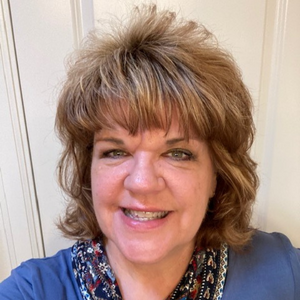This week I speak with Kris Diasio, a passionate Special Education Coach. Kris is a highly inspiring individual, who provides students with the tools for a life of learning; helping them to overcome learning difficulties to lead successful lives.
As well as students, Kris’ educational coaching services extends to parents, carers and teachers. Parents are helped to navigate the difficult situations of their child’s educational experience. Whilst, teachers are supported in bridging the gap, in order to work more successfully with the students.
VIEW TRANSCRIPTHow do you handle mistakes? I just say be comfortable with making them…You’re going to do it wrong until you get it right…We have to let go of the perfect.

Kris Diasio
Special Education Coach
Kris offers special education coaching for parents, caregivers, and teachers to support students with special educational needs. Her specialism is working with students (aged from 13 to 18), helping them to overcome learning difficulties and have a successful education experience.
With 30 years of coaching experience, Kris teaches, inspires and uplifts students diagnosed with Attention-Deficit/Hyperactivity Disorder (ADHD), dyslexia, anxiety and depression. She uses both her academic background (MS SP.ED) and practical experience, to deliver an educational coaching service where she consciously acts as a ‘translator’ between the student, the parents and schools.
Through her passion, Kris adds value to students, parents and schools through a range of services.
Learning points:
- 16:46 – Conflict
- 19:36 – Making mistakes
- 30:19 – Speaking up
- 32:19 – Being in control
Resources:
Book
ADHD 2.0: New Science and Essential Strategies for Thriving with Distraction- From Childhood Through Adulthood by Edward M. Hallowell and John J. Ratey
Have you left a review for Voicing Education – The Podcast?
Each and every review really does make a difference. If you are enjoying the episodes, I’d just like to ask for you to share your appreciation.
Please leave a review:
- Head to voicingeducation-thepodcast/apple or search Voicing Education – The Podcast in Apple Podcasts. (This is easier to do on your phone.)
- Scroll down and click the 5-star rating.
- To show extra appreciation and support – please add a quick sentence (or two) to share what you enjoy about the show.


Great interview. Take away for me is how to deal with difficult conversations.
The dreaded difficult conversations! It really is about being open and honest. I’m glad you liked the interview.